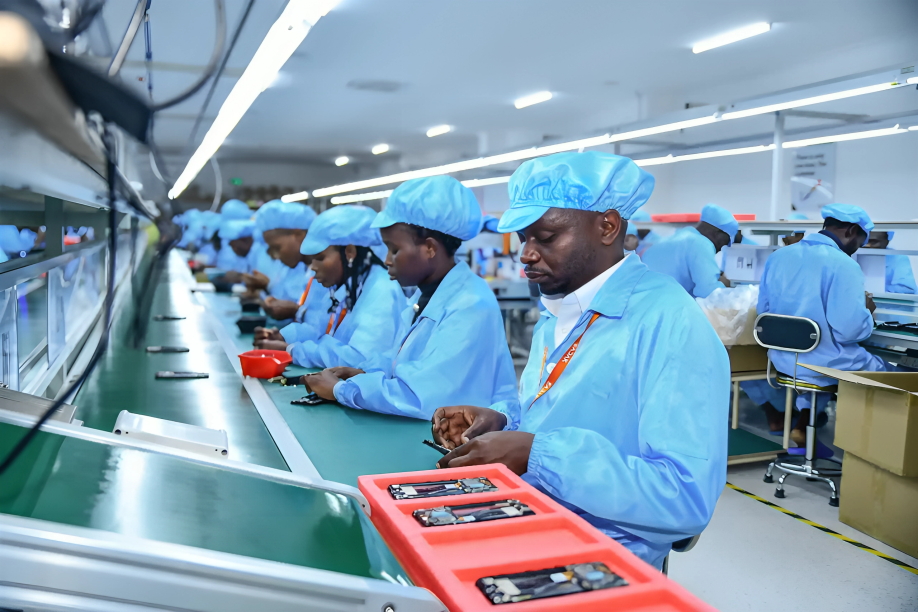Kenya is positioning itself as a significant player in Africa’s burgeoning smartphone manufacturing industry, having already produced over 2.5 million smartphones domestically. This milestone highlights the country’s growing capabilities in local smartphone assembly and its crucial role in advancing Africa’s digital economy. At the recent Smartphone for Africa Summit in Nairobi, Stanley Kamanguya, CEO of the Kenya ICT Authority, shared insights into the country’s achievements and its pivotal role in the continent’s digital transformation.
During the summit, Kamanguya participated in a panel discussion on the “State of Smartphone Penetration in Africa and Why Local Manufacturing is Important.” He emphasized that smartphones have become indispensable tools for accessing essential services such as education, healthcare, and financial services, particularly in underserved and rural areas. Kamanguya underscored that local manufacturing of smartphones could significantly reduce costs by lowering tariffs, making these devices more accessible across Africa.
Kamanguya also highlighted the opportunity Africa has to leverage its abundant natural resources, such as minerals for batteries and chips, to support smartphone manufacturing. He stressed that the continent is uniquely positioned to meet the growing demand for smartphones, driving further consumption of digital services in every sector, from healthcare to education and beyond. According to Kamanguya, local manufacturing of smartphones is a critical step in accelerating Africa’s digital economy.
The panel also featured industry leaders such as Eng. John Kipchumba Tanui, Principal Secretary for ICT, and Dr. Juma Mukhwana, Principal Secretary of the State Department for Industry, Ministry of Trade and Industry. They discussed the broad impact of smartphones in expanding digital service usage across Africa’s industries. Their insights reinforced the importance of local manufacturing as a key factor in making smartphones more affordable and accessible.
Kamanguya called for greater collaboration among African nations to harmonize trade regulations, tariffs, and other policies, as outlined in the African Union’s Agenda 2063. By aligning efforts across the continent, Africa can better harness its potential for smartphone assembly and contribute to the growth of its digital economy. Kenya’s recent regulatory improvements, such as the relaxation of equity participation regulations, have made it an attractive destination for tech companies looking to invest in the African market.
Tanui further emphasized that smartphones are integral to achieving Kenya’s Vision 2030 and advancing the Bottom-Up Economic Transformation Agenda. He also expressed optimism about Kenya’s potential as a hub for the semiconductor industry, citing the country’s recent CHIPS Act agreement with the United States, which is set to enhance local semiconductor capabilities and spur new innovations in technology.
#SmartphoneManufacturing #DigitalEconomy #TechInnovation #KenyaICT #AfricaTech #SmartphonesInAfrica #DigitalTransformation #SemiconductorIndustry #ManufacturingInAfrica #TechInvestments #Vision2030 #DigitalServices #InclusiveGrowth






